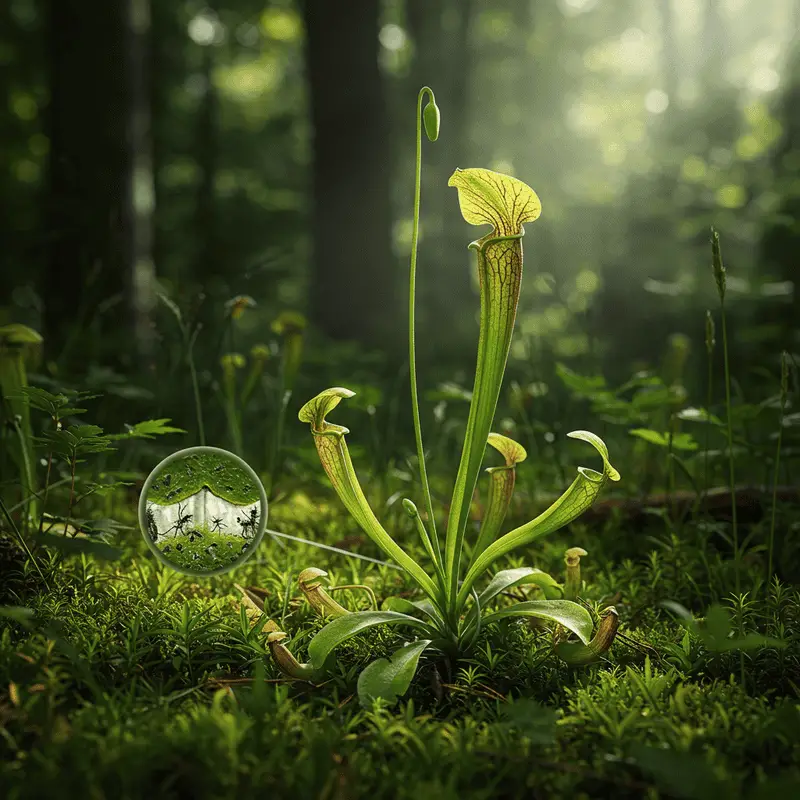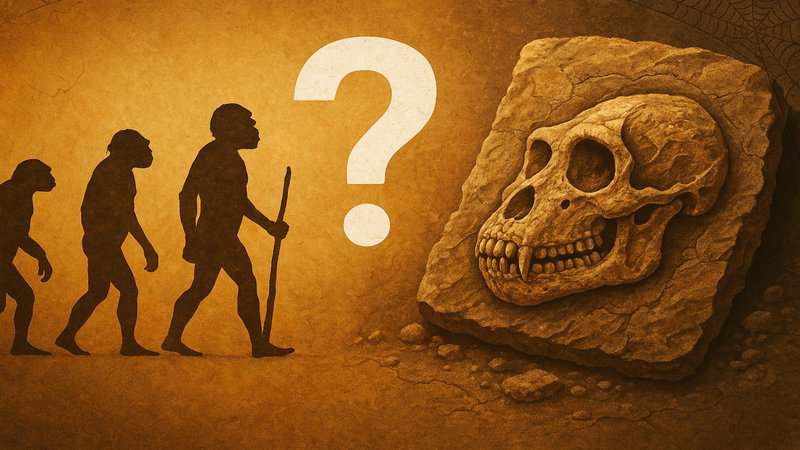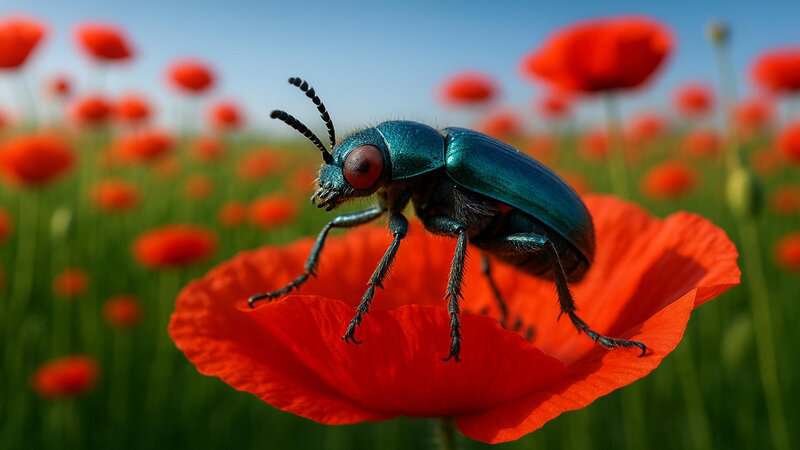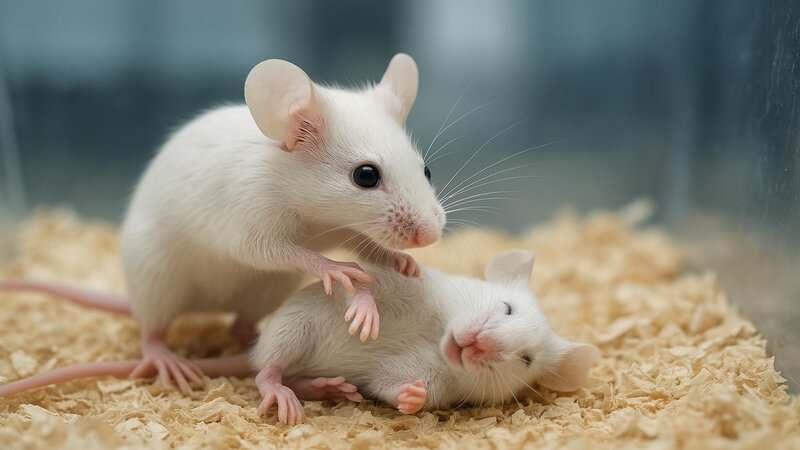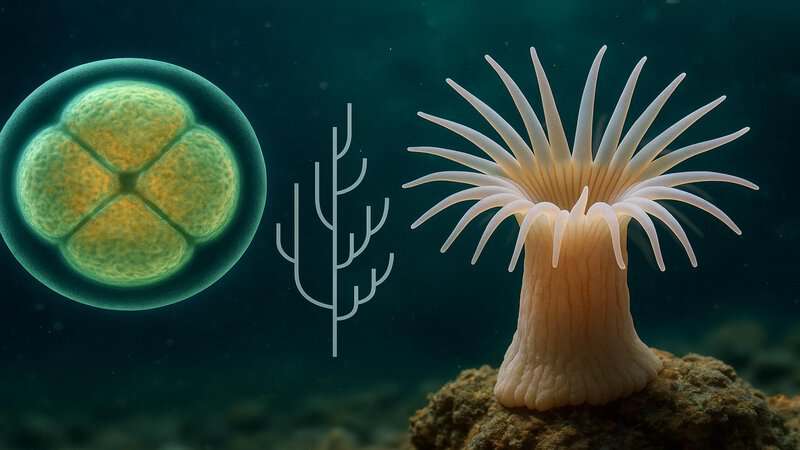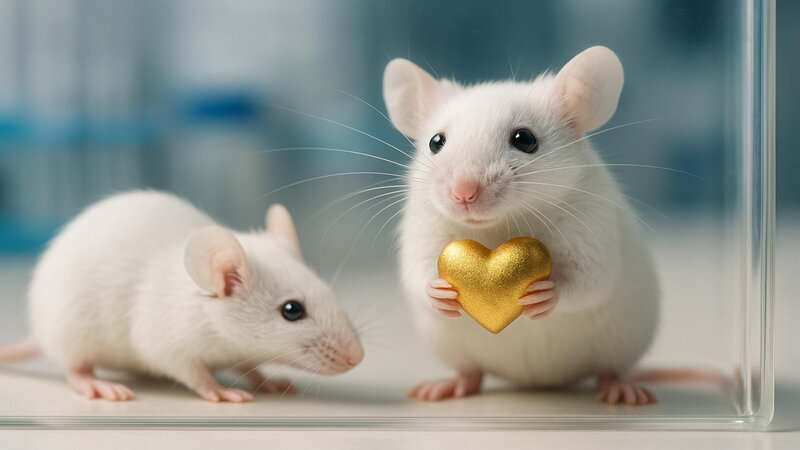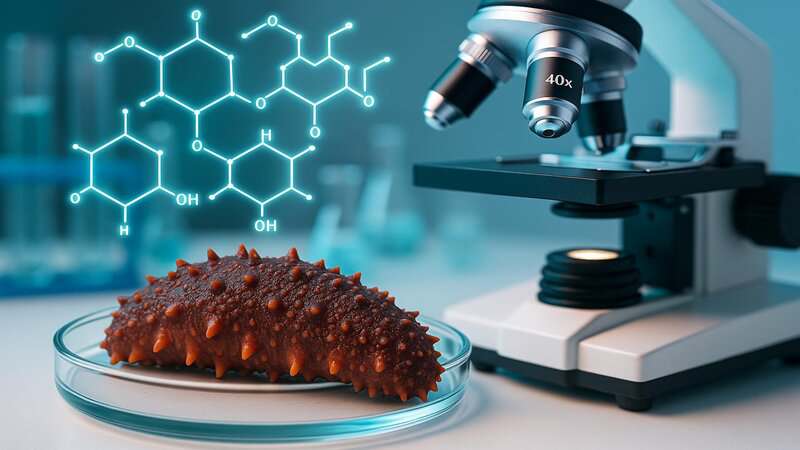In an astonishing breakthrough announced in 2024, researchers have revealed that Triantha occidentalis—a plant native to North America and familiar to botanists for over a century—possesses a remarkable secret: it is carnivorous. Despite being well-documented in field guides and herbaria, its predatory nature had gone unnoticed until now. This surprising discovery has sent shockwaves through…
Kategorie-Archive: Biology
Evolutionary biology has unearthed countless insights into the history of life on Earth. From the origin of complex traits to the mechanics of speciation, researchers have made groundbreaking discoveries that reshape our understanding. Yet, amidst these triumphs, many mysteries persist. Why did major transitions, like multicellularity, occur only once? How do genetic mechanisms drive convergent…
The age-old debate of nature versus nurture has captivated scientists, philosophers, and the public for generations. Are we shaped more by our genetic blueprint or by the environments in which we grow? Twin studies have emerged as a powerful lens for examining this question, offering unique insights into how heredity and environment interact to influence…
Are you the responsible firstborn, the adaptable middle child, or the free-spirited youngest in your family? For generations, the idea that birth order shapes personality and life outcomes has sparked debate in living rooms, psychology classrooms, and pop culture. But how much of this is myth, and how much is actually backed by science? The…
Vaccines have long been the subject of passionate discussion, especially when it comes to their ingredients. Aluminum, used as an adjuvant to boost immune response, often sits at the heart of these debates. Recently, scientists undertook the largest vaccine safety study ever, tracking over a million children to examine the safety of every vaccine dose—aluminum…
For decades, scientists believed that insects were blind to the color red, shaping our understanding of how bugs interact with their environment. Most insect eyes are tuned to ultraviolet, blue, and green, making red flowers seem like “forbidden fruit” in the world of pollinators. Yet, in the sun-drenched Mediterranean, a group of beetles is redefining…
In a revelation that’s turning the scientific world upside down, researchers have uncovered astonishing rescue behaviors in ordinary mice. Studies now show these small mammals will actively “revive” their unconscious peers, exhibiting a level of empathy and coordination once thought exclusive to humans and a handful of intelligent animals. The implications are profound: not only…
Body symmetry is a cornerstone of animal evolution, shaping everything from human faces to the structure of insects and sea creatures. For decades, scientists have sought to understand the molecular origins of this fundamental trait. Now, a groundbreaking study has uncovered ancient genetic mechanisms responsible for body symmetry in sea anemones, pushing the evolutionary timeline…
Recent advances in animal behavior science are turning long-held assumptions upside down. Surprising new evidence shows that mice—often dismissed as simple, instinct-driven creatures—can display remarkable acts of kindness toward each other. These rodent “Good Samaritans” have been observed helping their peers escape from distressing situations, sparking curiosity and debate among scientists. Such findings challenge the…
In an exciting breakthrough, scientists have discovered a unique sugar in sea cucumbers that can block the activity of Sulf-2—a key enzyme linked to cancer spread. This finding, resulting from collaborative research by the University of Mississippi and Georgetown University, offers fresh hope for new cancer therapies. By interfering with Sulf-2, this sugar may prevent…

